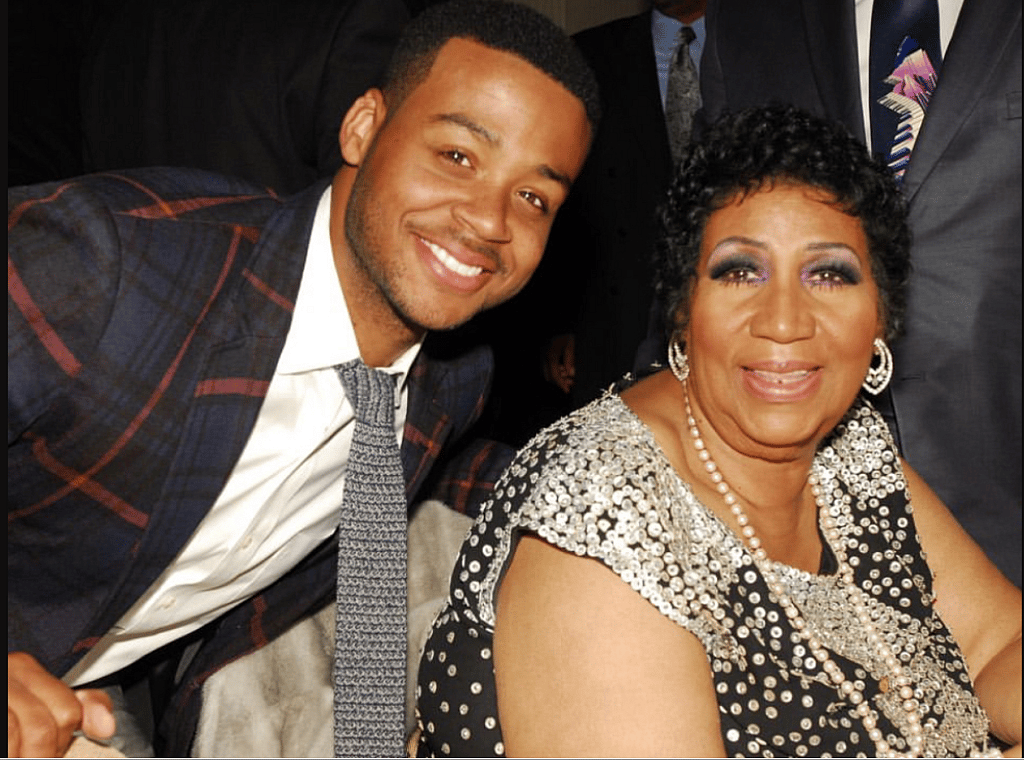Kris Bowers was destined to do film scores. With both parents in the television industry, the Los Angeles native developed some amazing piano chops in his childhood and always envisioned himself as a composer.
The Juilliard graduate informed his parents of his plans years before they became reality.

“I actually told my parents when I was like 12, I want to get into a school for jazz piano, tour with my favorite jazz artists, play with my own band and then transition into film scoring,” Bowers told theGrio.
Twenty years later, his plans have come to fruition.
While he made a name for himself as a very young lion in an already youthful jazz scene, which included progressive artists like Jose James, Robert Glasper, and Christian Scott, Bowers was biding his time before he got an opportunity to score a film.
Several film scores and an Emmy award later, 2021 is turning out to be a career-defining year for 32-year-old Bowers. He scored The United States vs. Billie Holiday, Space Jam: A New Legacy and the forthcoming King Richard, the Will Smith-led biopic on Richard Williams, Serena and Venus Williams’ father and coach.
Another assignment for Bowers this year, Respect, which came about in a serendipitous way, found Bowers inserting melodic poignancy into some of the late Queen of Soul’s most traumatic life events.
As Bowers made his return to live performing this week at the SFJazz Center, he shared how Franklin put him on the path to the success he’s now enjoying.
The seeds of Bowers writing music for Respect were sown years ago when the then 22-year-old pianist met Franklin while he was competing in the prestigious Thelonious Monk International Jazz Piano Competition, which he won in 2011.
“During the semifinals, she heard my set and asked me to ask to meet me,” Bowers said. “And she’s in the lobby with her whole entourage and and told me she enjoyed my playing and really wanted my information.“
From there, Franklin would introduce her publicist Tracy Jordan to Bowers, who became his first manager. Jordan helped secure Bowers a gig as a film scorer, and he was off and running.
Franklin and Bowers stayed in touch, often talking about piano and musicianship.

“I really was in awe of how much she was still such a student,” Bowers said of Franklin. “Like most of the time, we would just talk about piano and what she was trying to get better at and what things she was trying to work on and the fact that she was doing that at that stage in her career. It was always such an inspiration to me.”
Although by the time he was hired to score Respect Bowers had already scored for major projects such as Green Book and the Netflix series’ Bridgerton and When They See Us, doing the Franklin biopic was a little more daunting.
“This is really something that I feel honestly a bit intimidated by the beginning,” Bowers said. “Something that I felt I wasn’t sure how that would feel to work on it and also not being sure, you know, not be sure how it would turn out and all that before I saw it.”
While there are only a few moments in Respect that required original music from Bowers, they were during pivotal scenes of Franklin’s life. One such moment was when a young Aretha finds out that her mother passed away. Seeing the film humanized Franklin for Bowers, and he saw his mentor in a new light.
“You think about how incredible of a powerhouse performer she was, and artist,” Bowers said, “And how much she put all this prolific work [out] and the fact that she was at the same time dealing with these difficulties internally. I think it just put so much more into perspective how great of an artist [she was] and how appreciative I am that she still continued to make the work that she did.”
Bowers was equally impressed with the actress portraying Franklin in the film, Oscar, Tony, and Grammy Award-winner Jennifer Hudson. He was not only dazzled by her ability to embody Franklin’s speech and mannerisms, but by her commitment to learning to play piano for the part.
“The fact that Jennifer Hudson performed so many so many of these things live,” Bowers said, “you can just feel the energy in the performance in a way that you wouldn’t feel if she had overdubbed it and was, like, lip synching to the music.”
Have you subscribed to theGrio’s new podcast “Dear Culture”? Download our newest episodes now!
TheGrio is now on Apple TV, Amazon Fire, and Roku. Download theGrio today!

